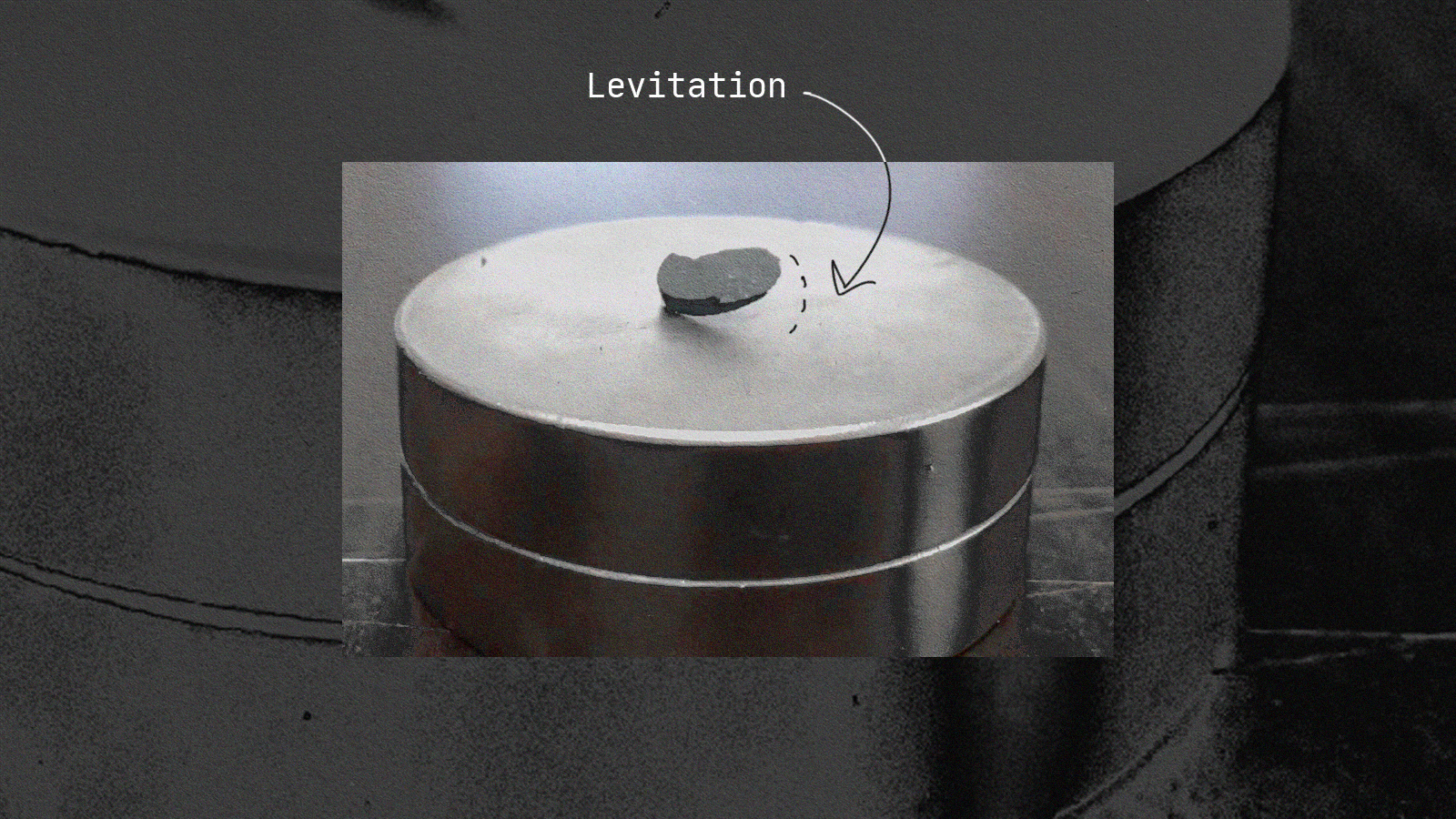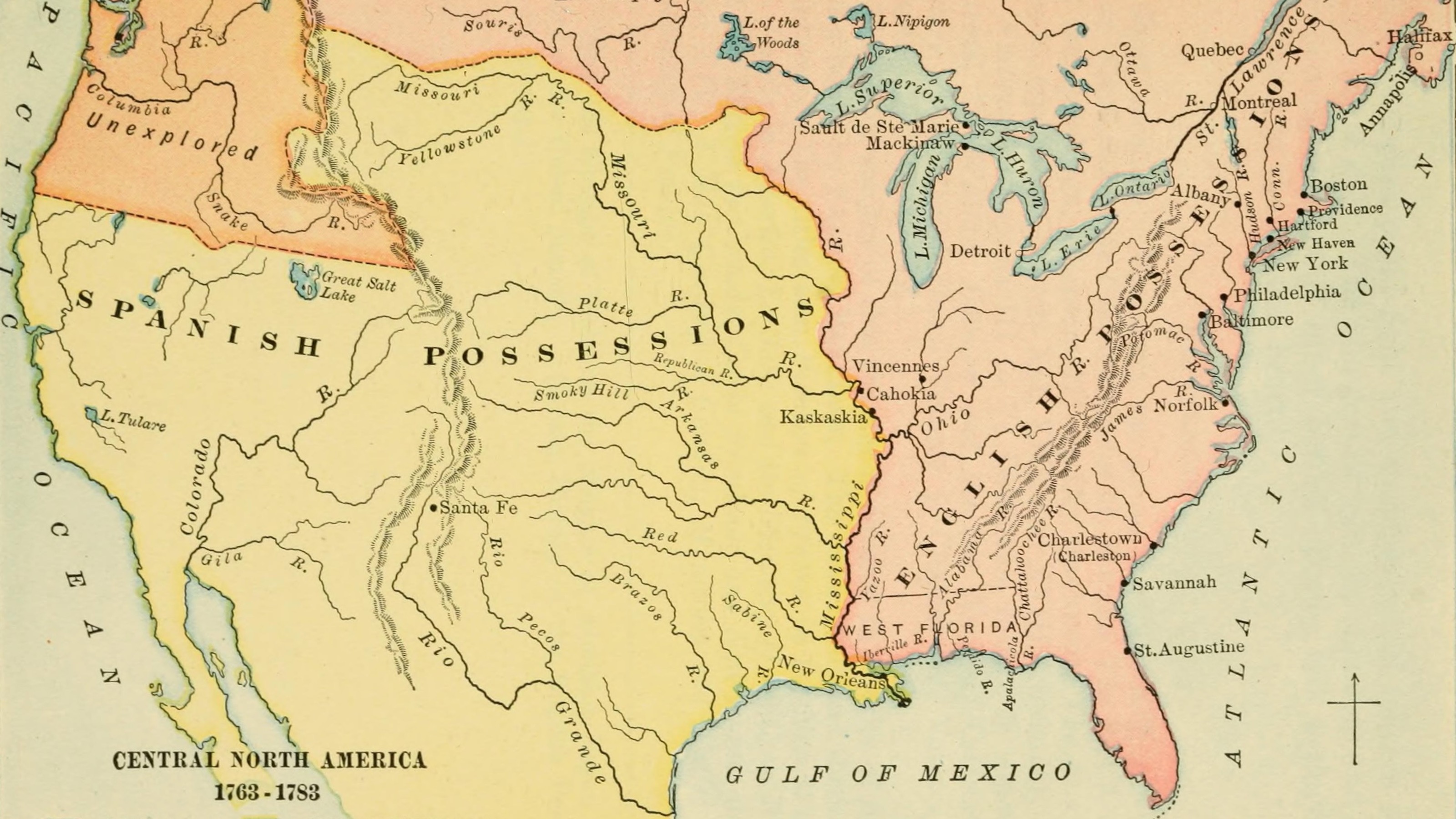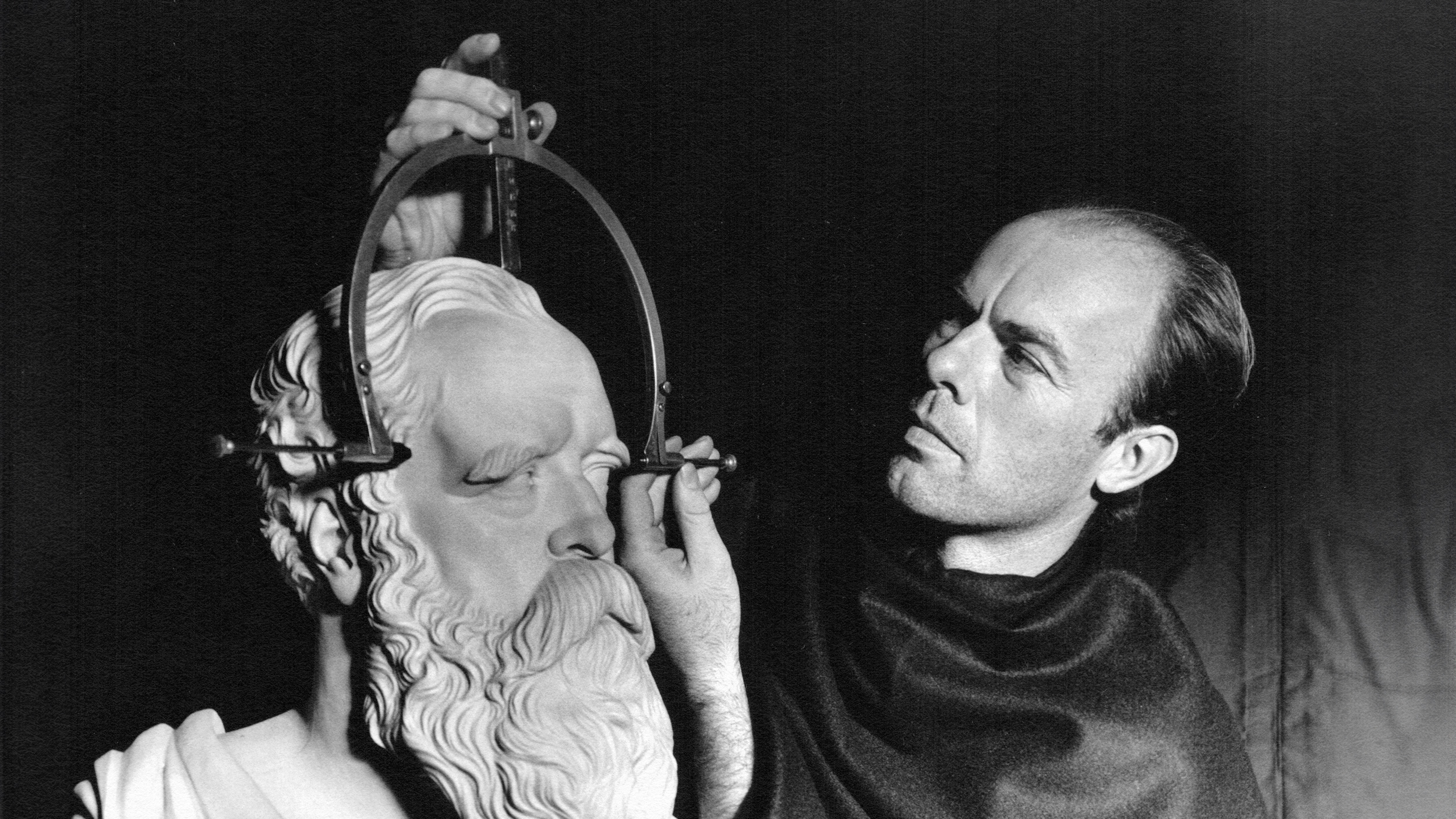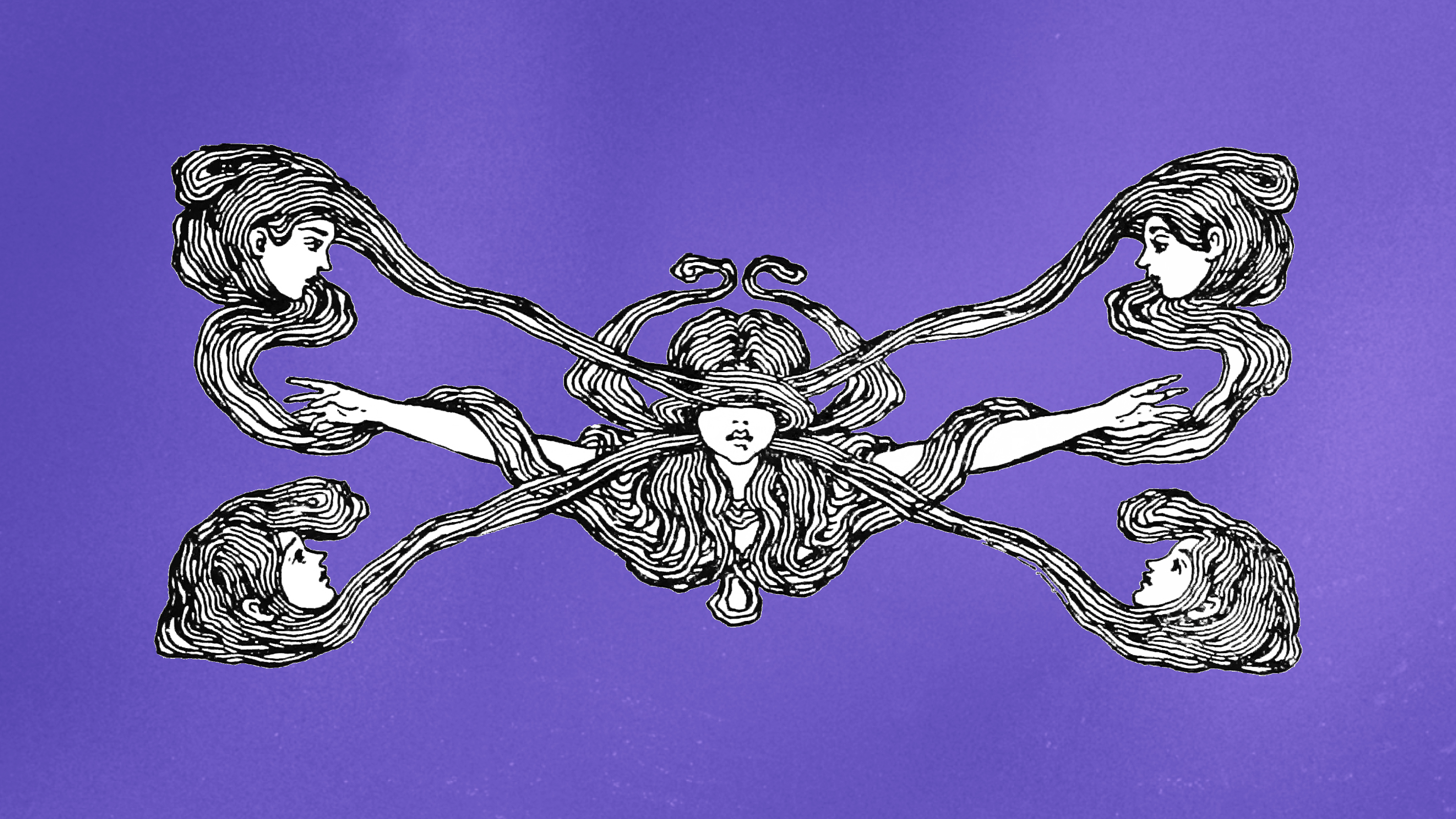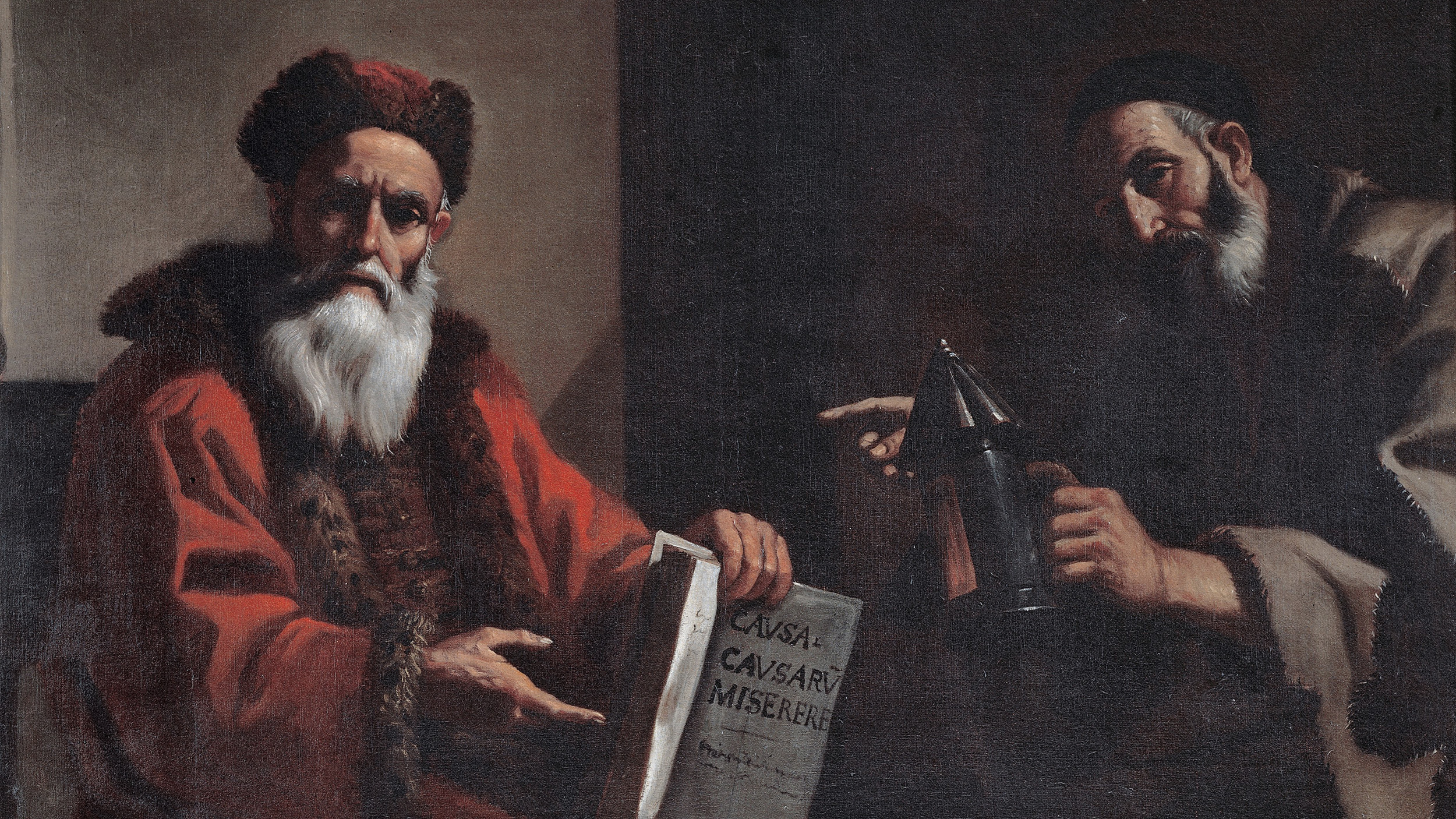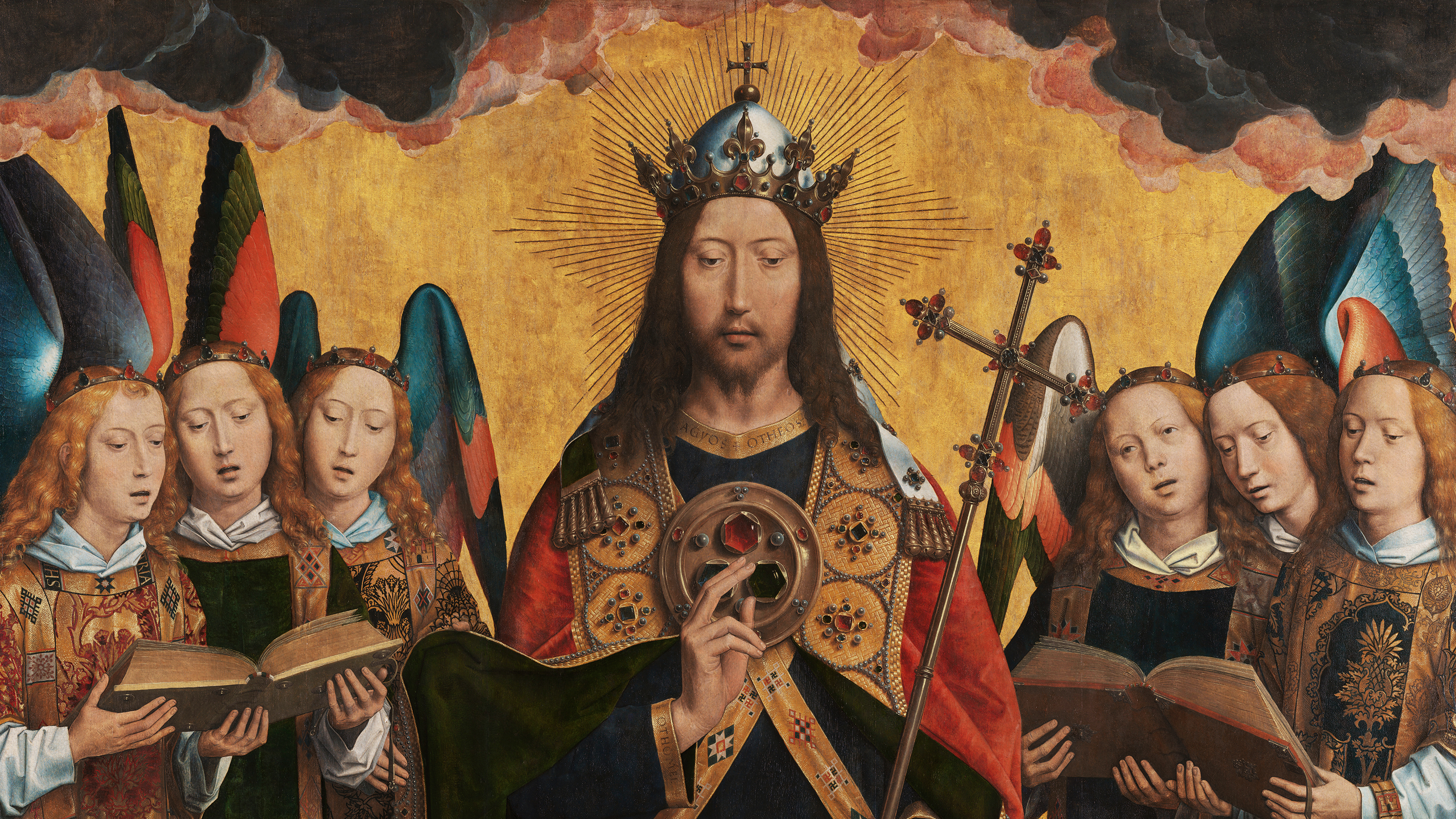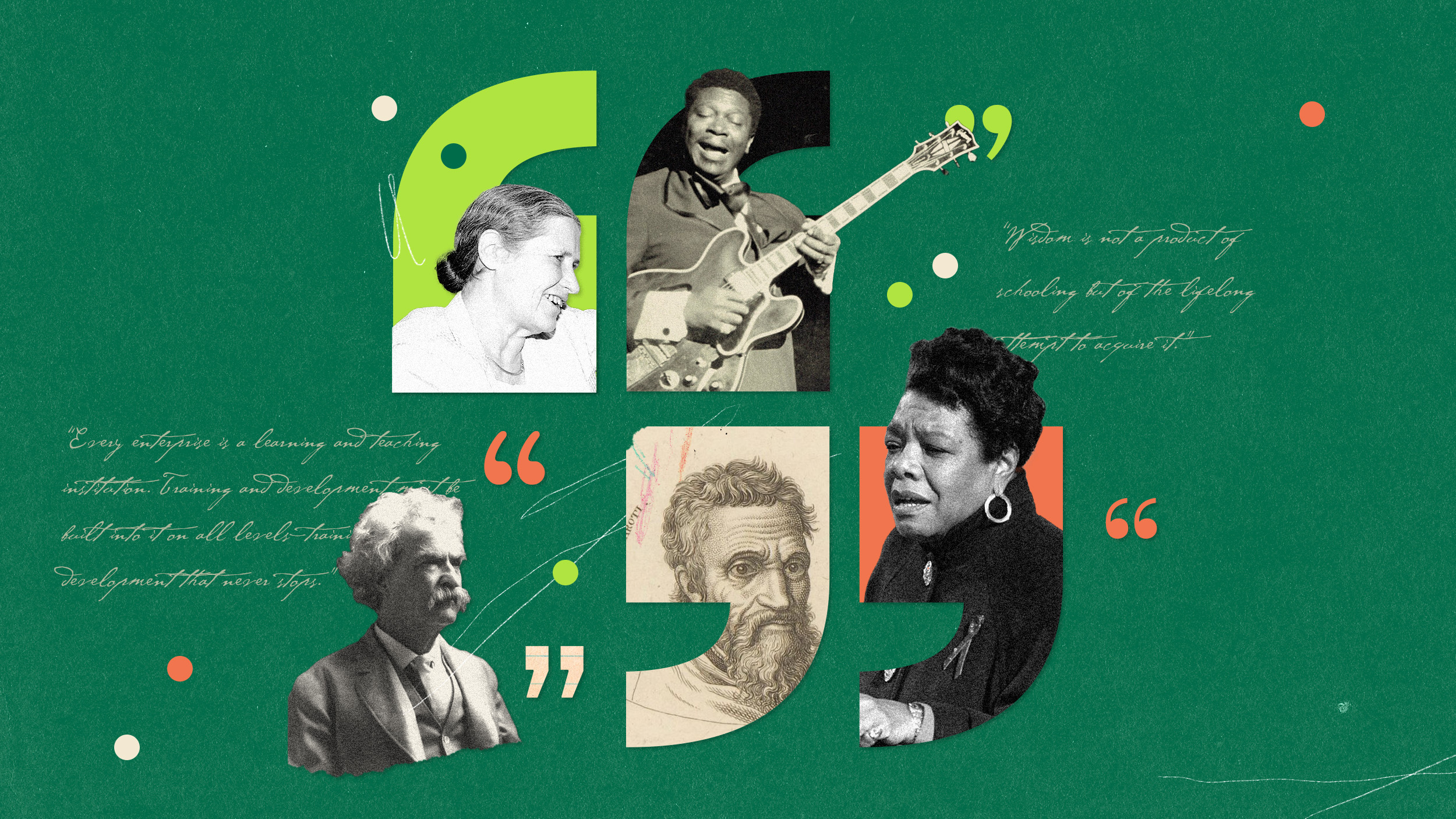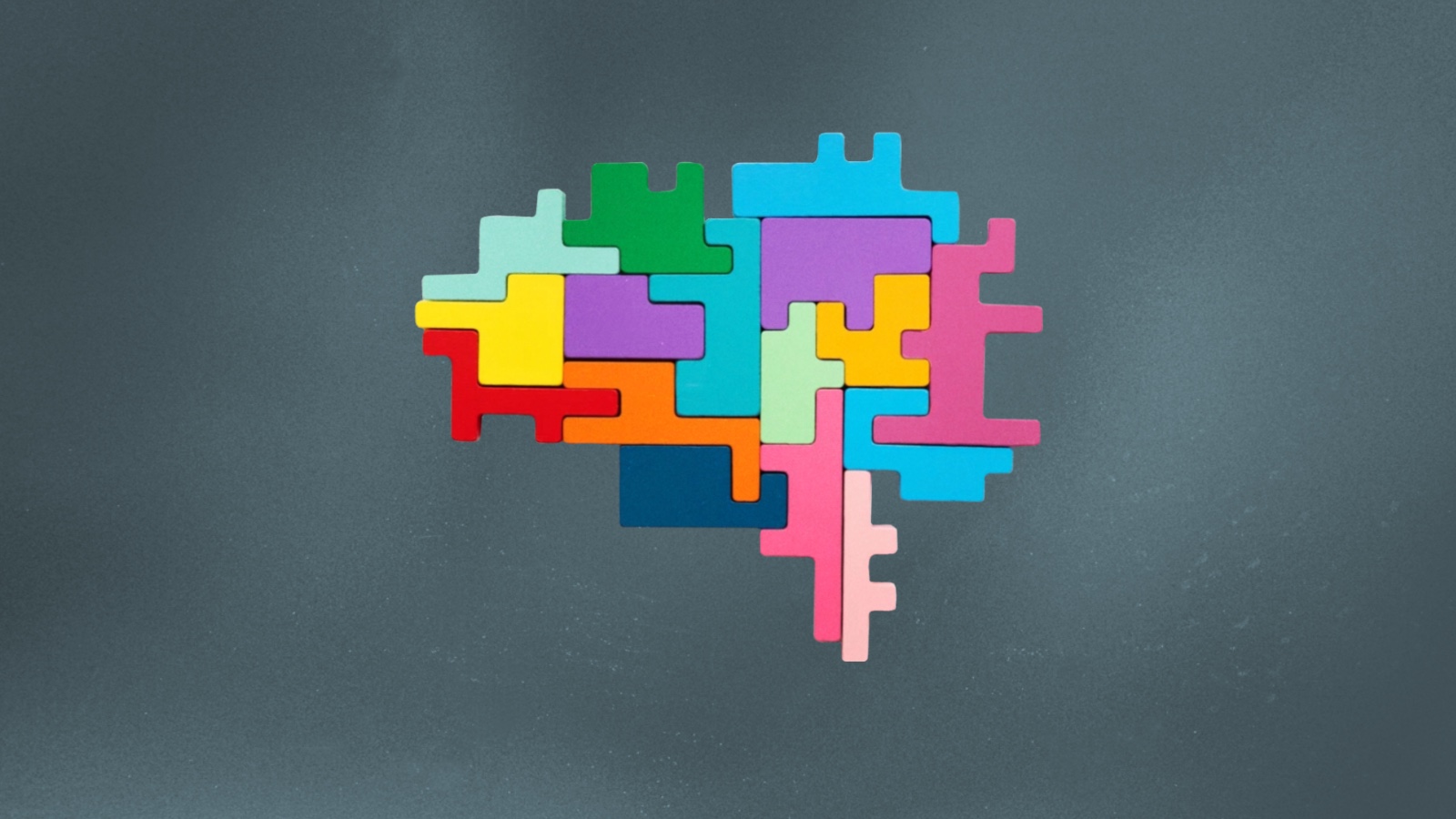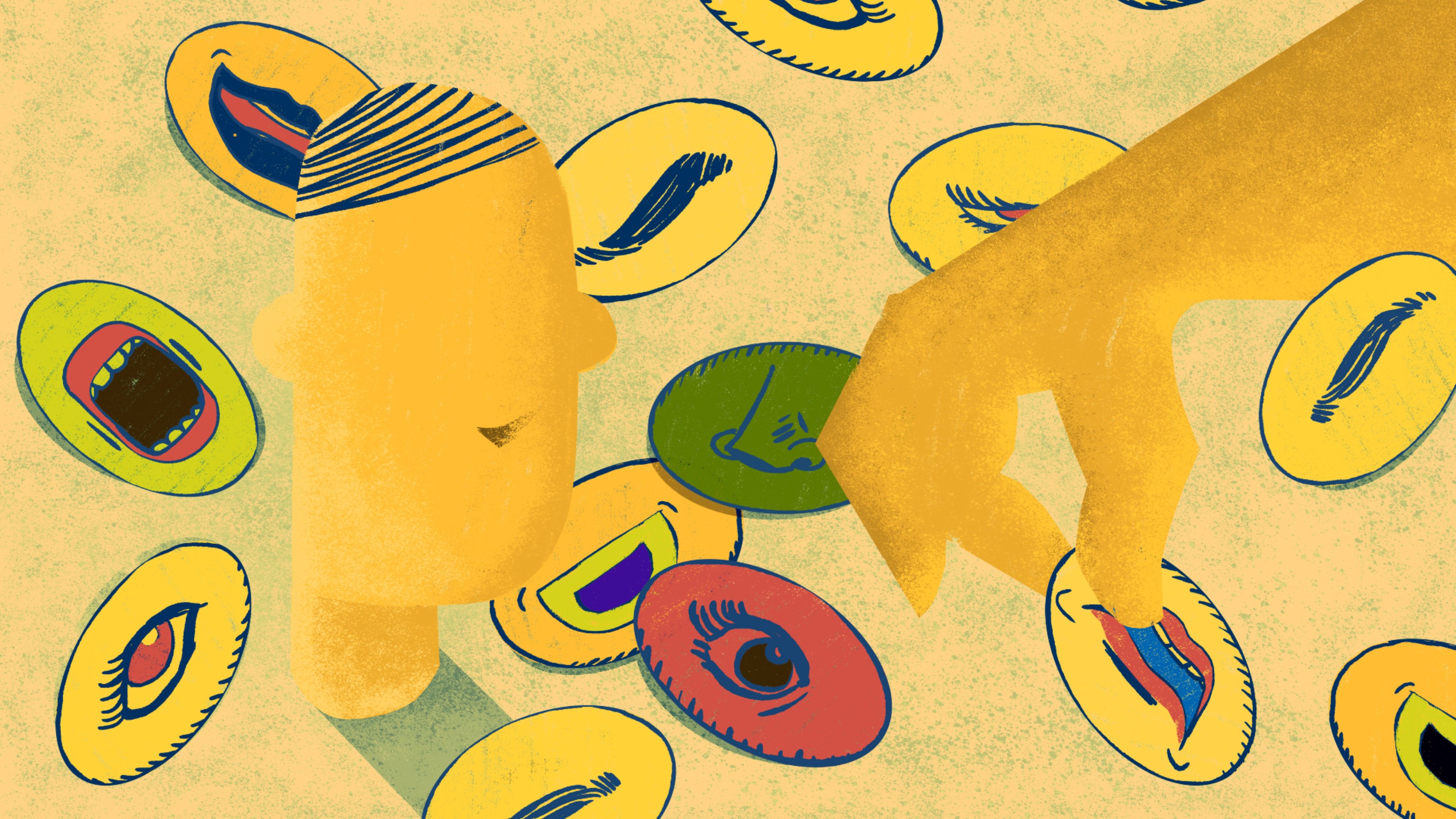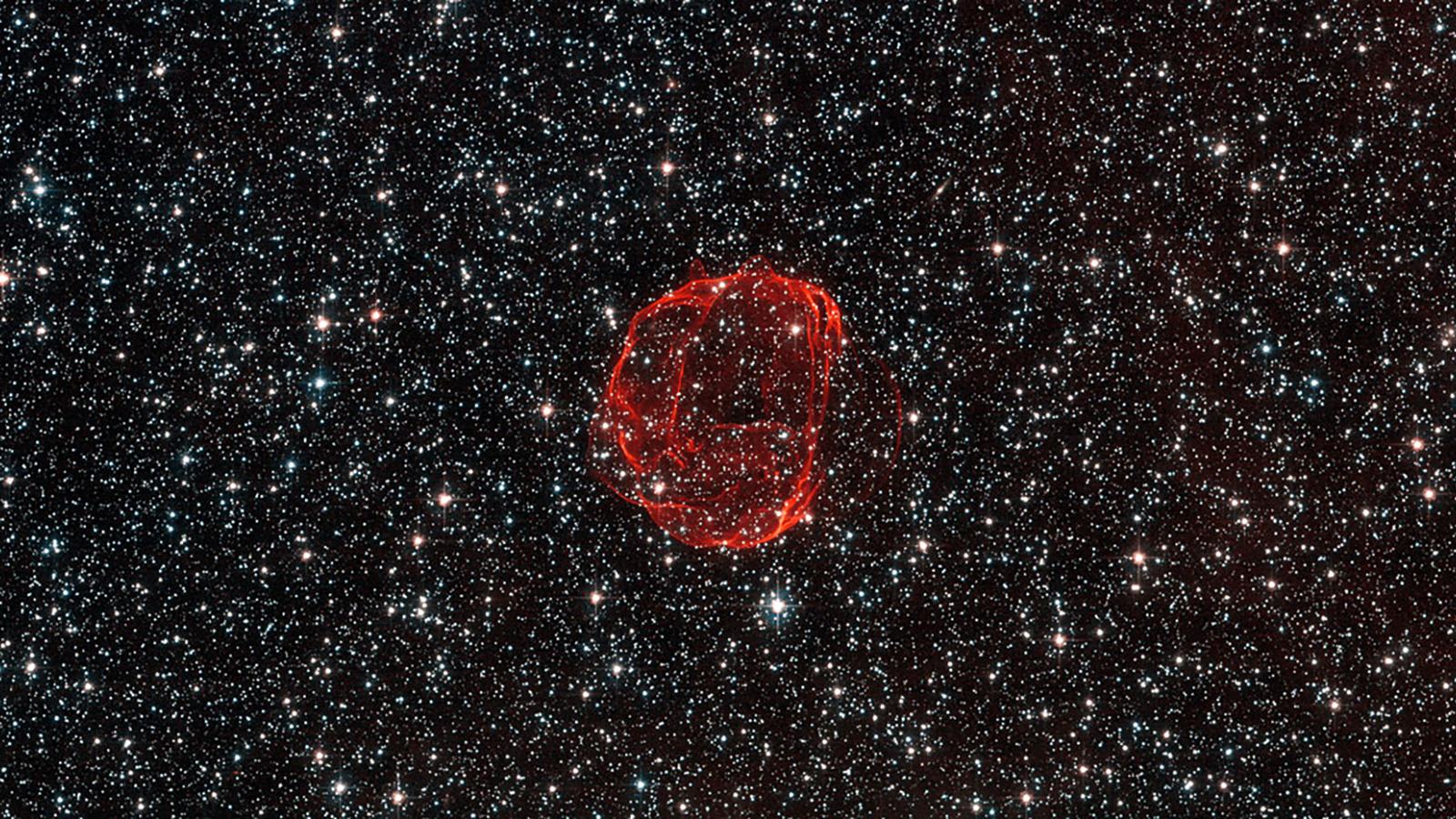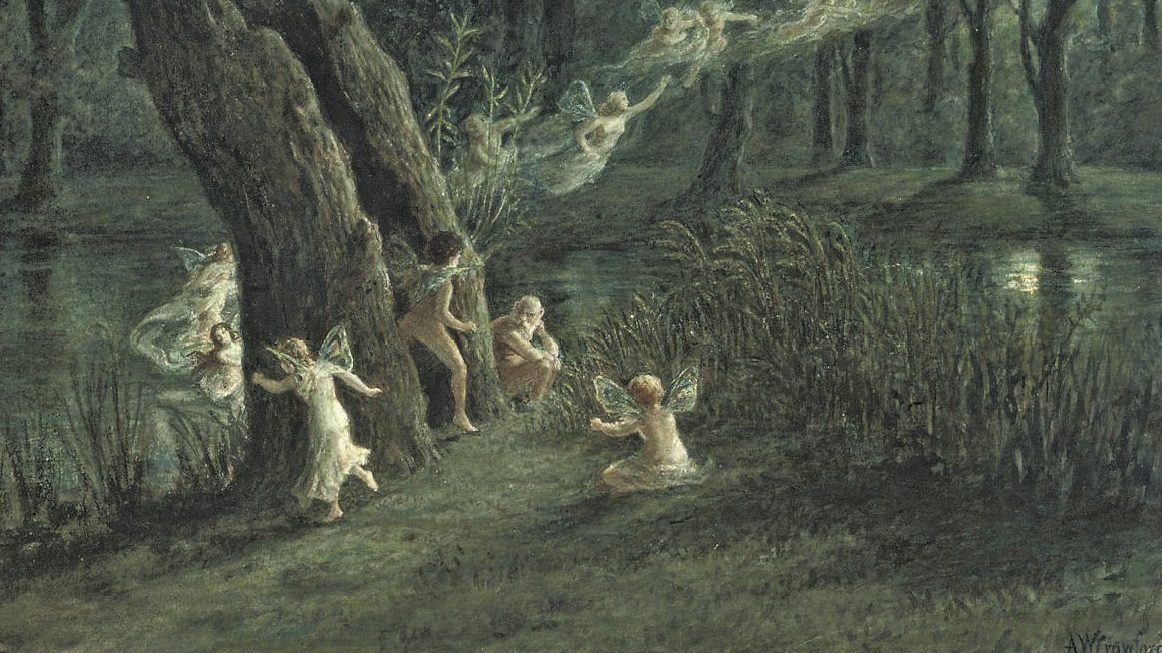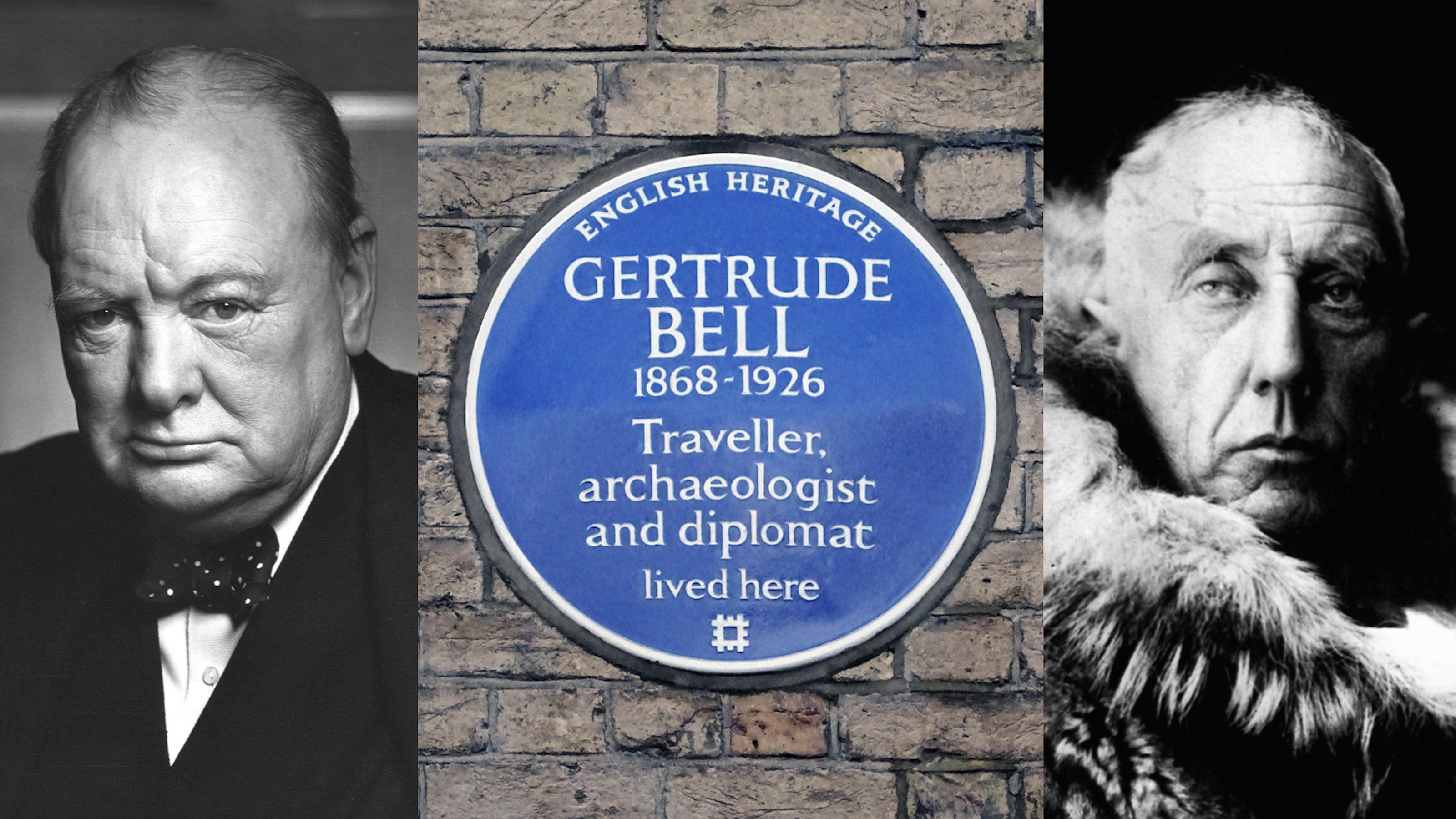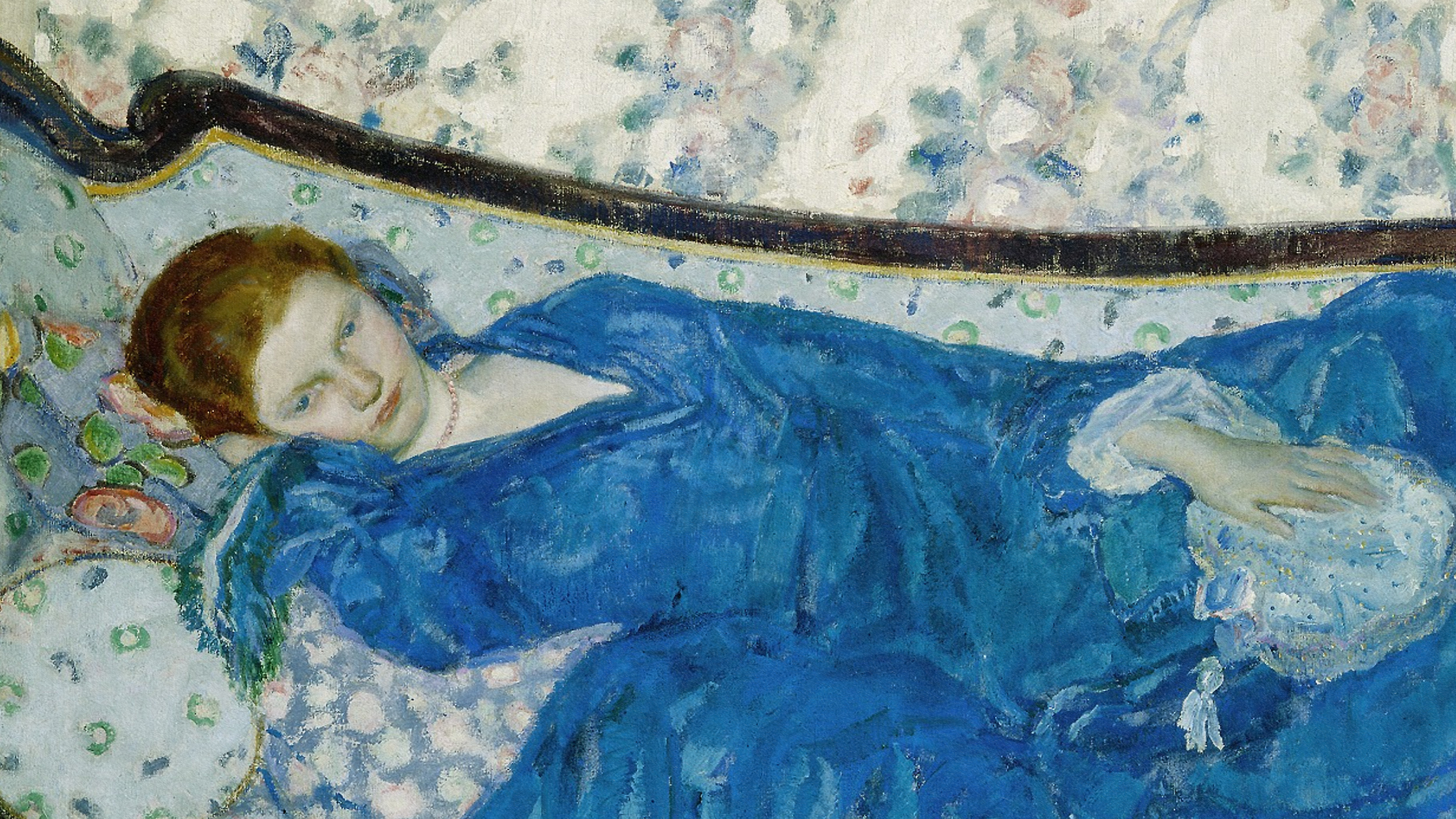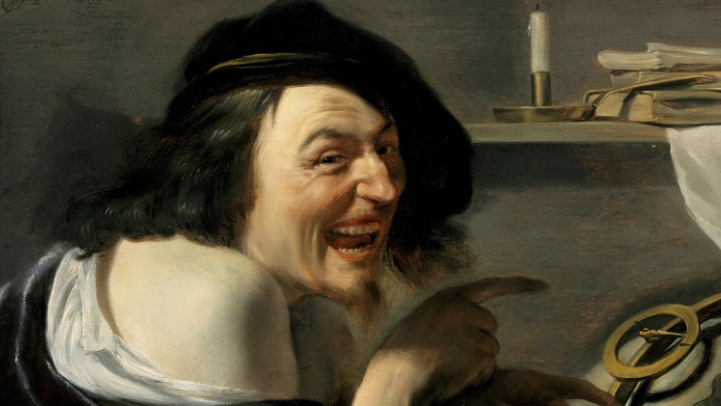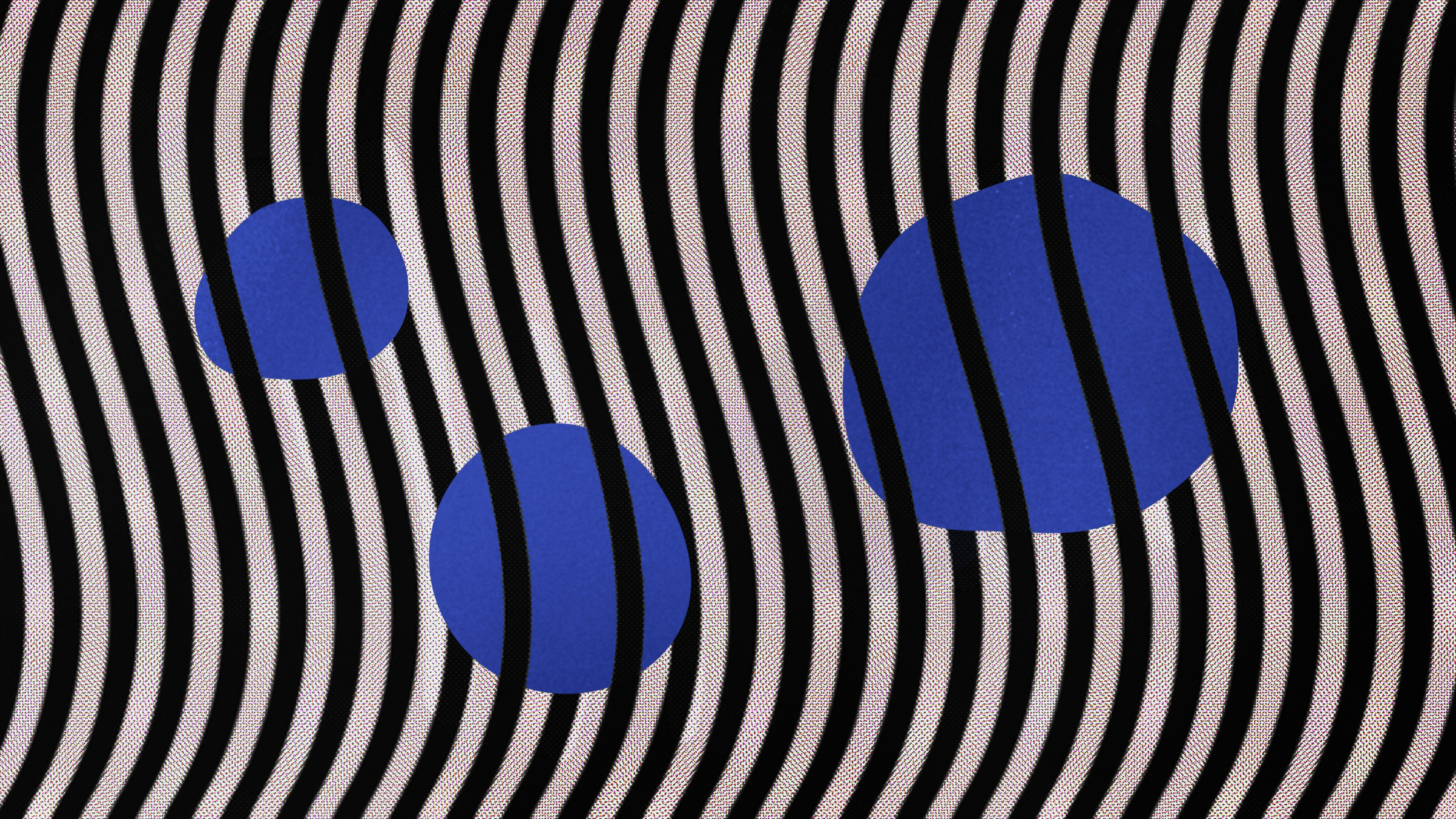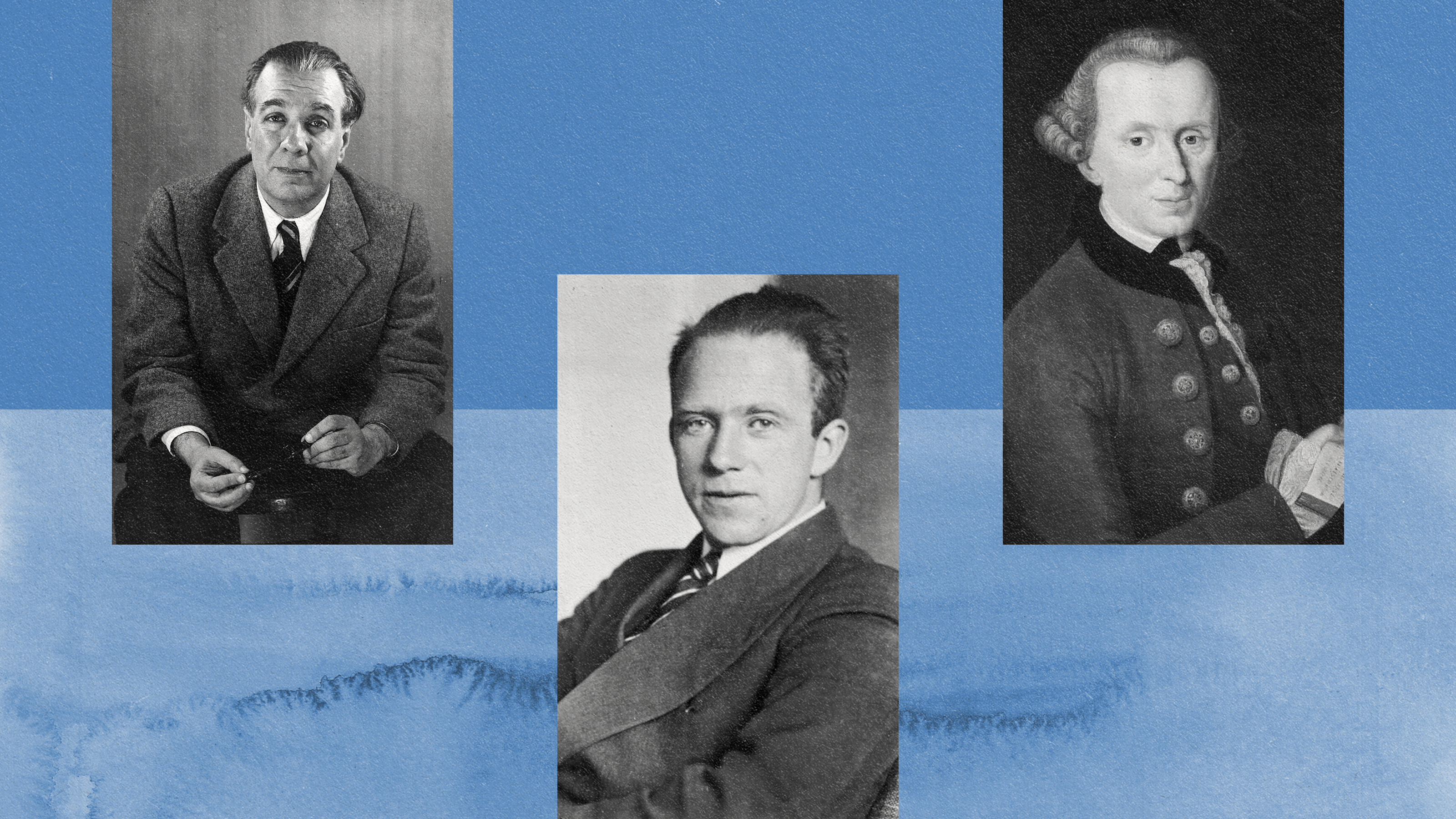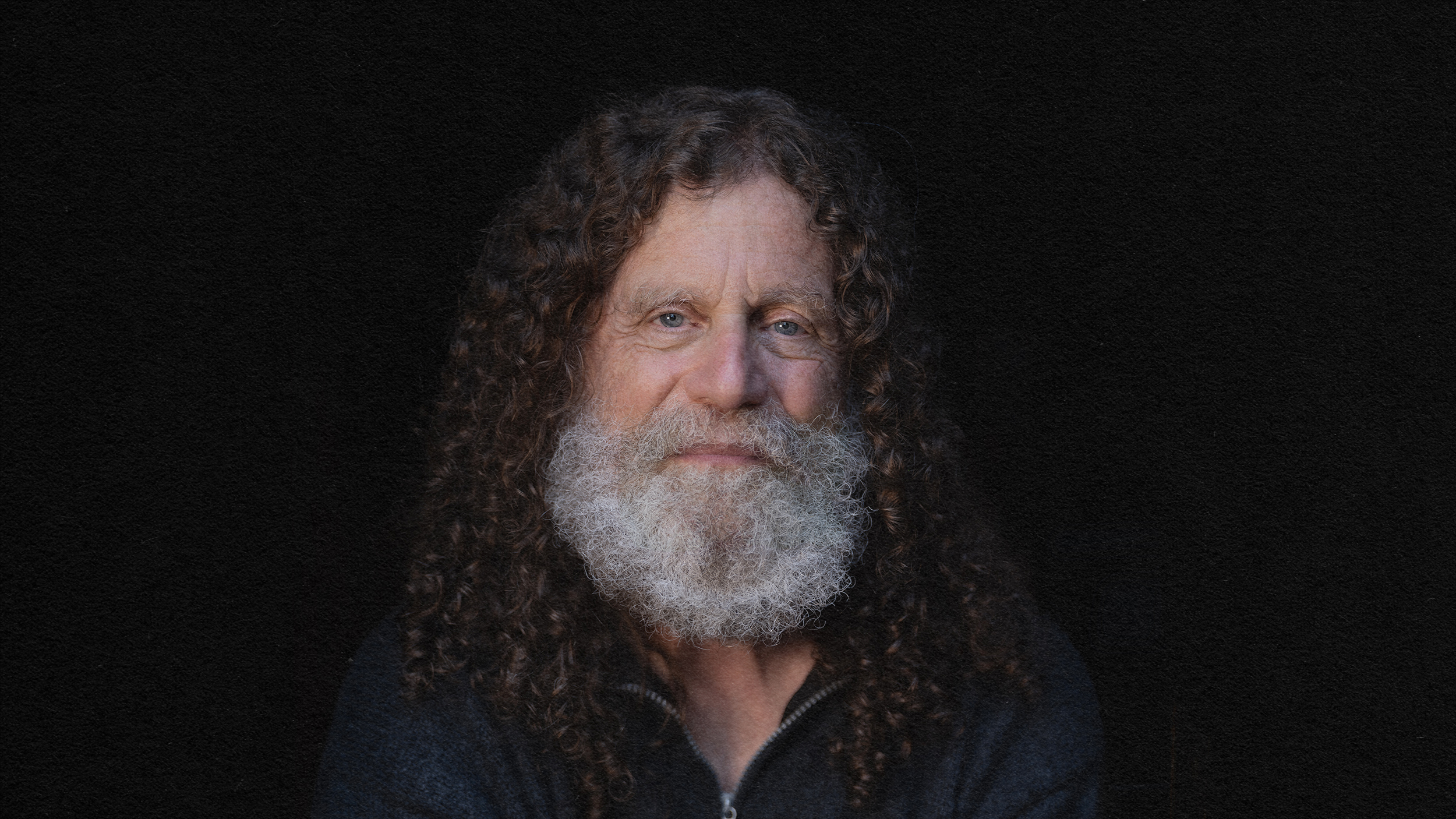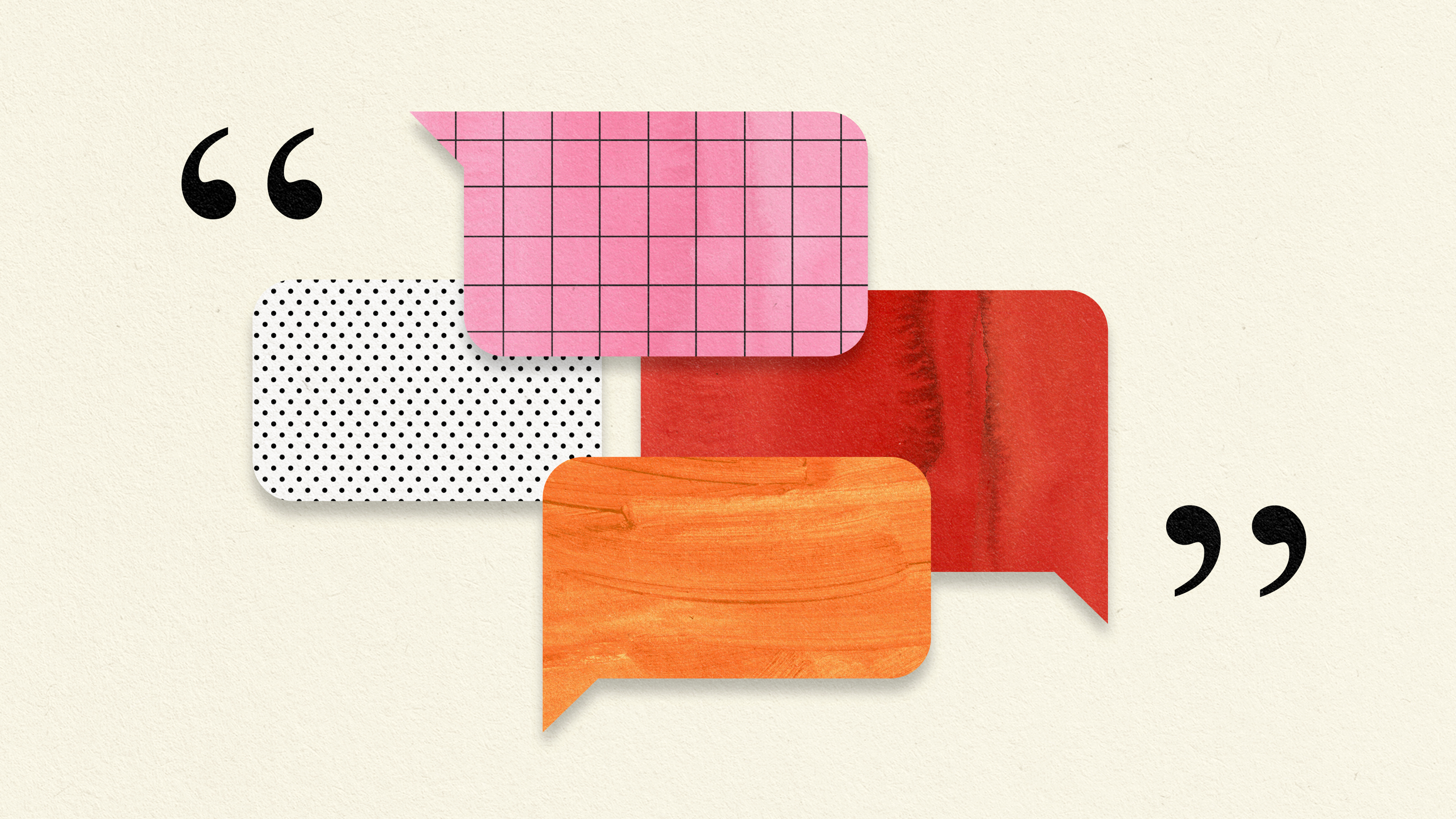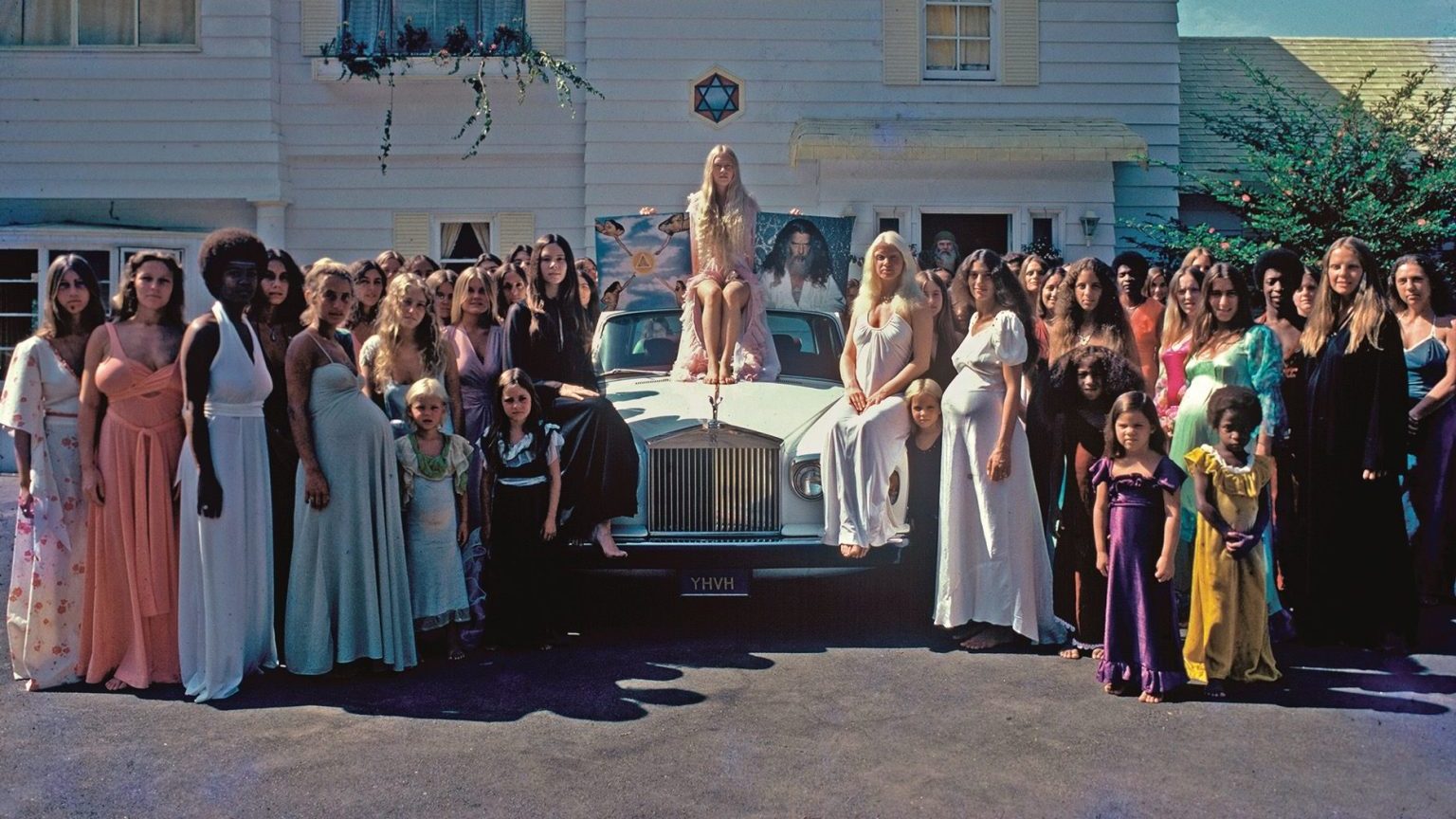An army of replicators belonging to national laboratories, research universities, and amateur garages is rushing to replicate ambient superconductivity in LK-99.
Search Results
You searched for: John Roberts
The global extent of the Revolutionary War surprises many Americans today — but it was crucial to independence.
The pseudoscience phrenology swept the popular imagination, and its practitioners made a mint preying on prejudices, gullibility, and misinformation.
Democratic freedom, rapturous religion, and newspapers created a hotbed for social experimentation in 19th-century America.
Debate is a verbal sport with winners and losers. As such, it is less about the truth and more about who looks and sounds the best.
“The Man in the High Castle” may be the most beloved alternate history book, but it is not the most historically accurate.
A philosophical debate spanning creation, free will, and a sneaky teapot.
There are dozens of instructional design models, but most learning designers rely on a select few. Here are four of the most common.
This collection of learning and development quotes serves as a reminder of the meaning and purpose behind this important work.
Was the terror of Biscayne Bay a man who escaped slavery, an African chieftain, or a marketing ploy that went viral?
Solving difficult visual puzzles seems to help the brain “rewire” itself by forming new neural pathways.
Research suggests that emotional intelligence is more vital for success than IQ.
Once the initial blaze of heat dissipated, the constituent particles of atoms were free to bind.
Forget about Tinkerbell.
The right questions are those sparked from the joy of discovery.
We rightly celebrate Winston Churchill as one of the world’s greatest leaders — but for all the wrong reasons.
The 72-meter wingspan is lined with solar panels to give the plane the power it needs to stay airborne for nearly three months.
The first personality tests revolved around assessing people’s reactions to ambiguous and often unsettling images. Today, the gold standard is a barrage of questions.
Impossible standards and poor self-understanding are making us miserable.
Jokes so cheesy even French philosophers will love them.
From “Thompson’s violinist” to the “Experience Machine,” these thought experiments will throw your mind for a loop.
Questioning isn’t just a way to get the right answer — it’s also a means for sustaining relationships and creative thinking.
A new book envisions an encounter of minds between the Argentinian writer Jorge Luis Borges, the physicist Werner Heisenberg, and the philosopher Immanuel Kant.
A volley of new insights reignites the debate over whether our choices are ever truly our own.
Not all stress is created equal.
Cognitive psychologist and poet Keith Holyoak explores whether artificial intelligence could ever achieve poetic authenticity.
The Source Family, a radical 1970s utopian commune, still impacts what we eat today.
Before it fueled Woodstock and the Summer of Love, LSD was brought to America to make spying easier.
